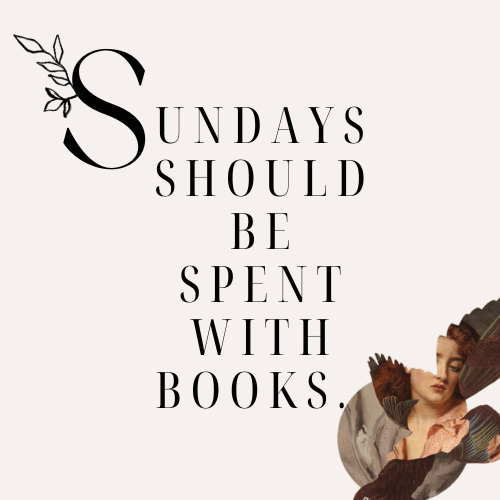I am always interested in books that feature any sort of female perspective. She may be a main character - as is usually the case - telling a story of a female experience, or it can be something like this, essay type stories of real women who have shaped and mostly improved the world we live in. I am in constant awe of these courageous people who stood up to tyranny and the pyramid hierarchy of the patriarchy to change something, to have their voice heard. I wish I had that kind of drive and tenacity, or that kind of conviction in my own purpose.
Now, this is a personal selection by the author (with some anecdotes about either her meeting them or some tidbits of her own life - like naming her dogs after Frida and Madonna), so it is not a comprehensive gathering, but she did feature women from around the globe. Of course, the reader may feel some are less deserving of being represented here than others (political figures very much included as they are usually the most polarizing). In any case, I found it a nice way to hear about women I never knew existed - either because they lived before my time or because they weren't a part of the mainstream conversations - and to also deepen my knowledge of contemporary figures, such as Rodham Clinton, Atwood or Merkel, of whom I had varying degrees of cursory knowledge.
The women featured are not all good people. I found that very refreshing. It's not a compendium of well-mannered, well-behaved moral compasses, but stories of women who got a piece of the power pie for themselves in any way they could. Some killed and schemed to get their positions, some inherited them from their late fathers or husbands, others yet worked damned hard to be heard; there are women here who did terrible things, who lifted up certain groups only to crush others into the ground, and also women who fought for others of their sex and tried to get them out from under the thumb of the male-centered society we live in. What they have in common is the change they brought and the influence that is still felt, the inspiration they gave to other women that - yes, it can be done. Another thing many of them have in common - and this crushed my heart - is the experience of sexual violence as a way for a man to assert his power over the "lesser sex".
Here we have women from almost all of the continents and of all skin complexions. There are authors - Margaret Atwood, Toni Morrison; a journalist - Anna Politkovskaya; artists - Artemisia Gentileschi, Clara Schuman, Frida Khalo; a singer - Madonna; an athlete - Cathy Freeman; a designer - Coco Chanel; a scientist - Marie Curie; a warrior - Joan of Arc; an environmentalist - Wangari Maathai; and then, of course, the women in the political sphere - Pharaoh Hatshepsut, Isabella of Castile, Catherine the Great, Dowager Empress Cixi, Golda Meir, Sirimavo Bandaranaike, Hillary Rodham Clinton, Benazir Bhutto, Angela Merkel. It is really interesting to see the influence they had on their corner of the planet, but also the whole world.
As I said, not all of these women are flawless pillars of morality and righteousness. And that's ok - because it's impossible to be perfect, to not stir trouble and still bring about change. All of them were denigrated and their life choices were questioned - especially them having a career and not simply marrying and being content with homemaking. They were held to much higher standards than their male counterparts and attacked for every choice they made - the more public figures most notably for such banal things as their looks or fashion sense. And still they did it. And, no matter your personal opinions on any of these women, they still managed to make something of themselves and secure a legacy in societies where they were only ever expected to be obedient and quiet daughters, wives, mothers - to not think or talk out of turn, to marry (someone who was chosen for them), be subservient to their husbands and birth and raise children, then die quietly. In essence, to live a life of quiet and unappreciated service and then drop dead when they were no longer seen as useful. They were not supposed to have opinions and share those opinions, to demand change - and yet they did and they rose to prominence for it. I salute them.



